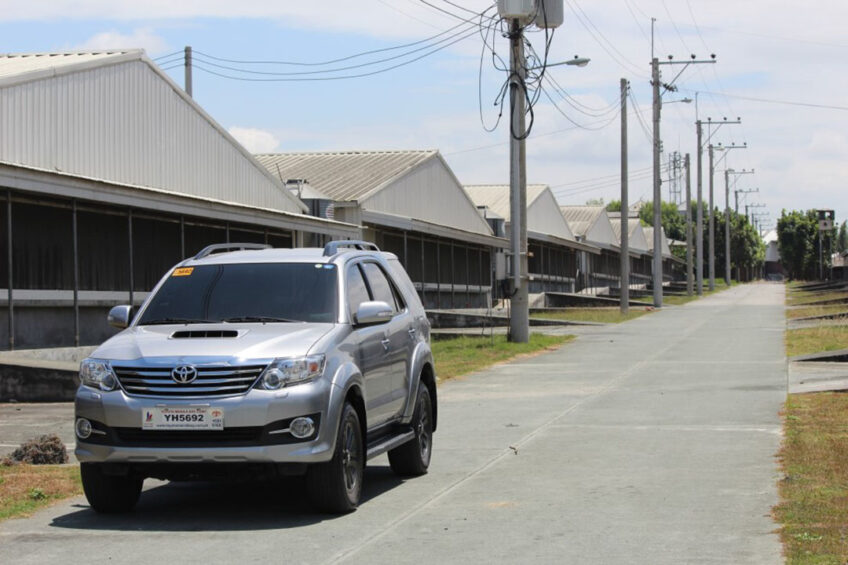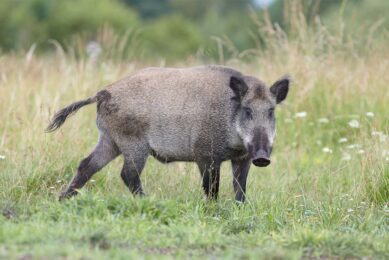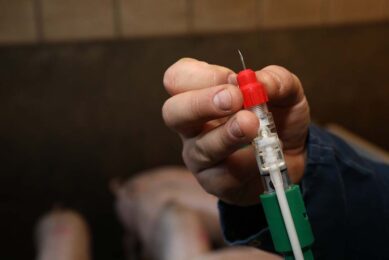ASF Philippines: Socio-economic and livelihood impacts

The impacts of African Swine Fever have frequently been described quantitatively, though it is increasingly acknowledged that these impacts extend well beyond numbers.
A multidisciplinary team of researchers applied participatory tools (focus group discussions, informant interviews, and network mapping activities) to gather data to determine the socio-economic and livelihood impact of African Swine Fever (ASF) in small-scale pig farming communities and value chains in the Philippines. Their findings were published in the journal Frontiers in Veterinary Science. According to the researchers, the significant emotional attachment of Filipino farmers to their pigs is underreported and has not been part of the discussion on ASF in the Philippines.
Vulnerability to livelihood stressors
The researchers found that communities differed in their underlying vulnerability to livelihood stressors associated with ASF. The results of this study demonstrated that communities with underlying vulnerabilities such as seasonal changes in income, livestock diseases, and natural disasters can be impacted heavily by ASF. In addition to seasonal vulnerabilities, biosecurity remains a major challenge for smallholder farming systems globally, rendering them more vulnerable to infectious diseases than large-scale production systems with higher biosecurity standards.
Also contributing to vulnerability context, farmers faced additional, ongoing challenges in pig production including high feed prices, no or limited informal credits provided by input suppliers, low live weight prices from traders, and high vaccine prices. “A rapid situation analysis such as the one conducted in this study to capture and contextualise ASF impacts within the broader vulnerability context could be used to tailor support according to need,” said the research team.
Impact on communication
Relationships between animal health workers and farmers were important for communicating ASF risk mitigation information. The relationships were, however, put under significant strain during depopulation campaigns following ASF outbreaks. The social inclusion mapping for the participants became an eye-opener for them to unite for one common goal of helping one another and for their sector to survive, for example, establishing volunteer pig farmers who are responsible for information dissemination and surveillance in their community.
Through the focus groups, the researchers found the need for organised pig farmers’ associations or cooperatives through which farmers could easily access discounted inputs and have a voice in crafting political policy in their sector that the local government units will pass. Researchers think improved communication and trust-building with the affected communities will not only improve safety for workers but also increase the effectiveness of control programmes.
Financial capital
All farmers in this study, from small and larger properties, experienced financial losses from the ASF epidemic. As a result of ASF, most smallholder pig farms’ incomes were negatively affected and they struggled to repay loans, and because of biosecurity requirements, most backyard farms closed. This pilot data also revealed that most actors in the value chain suffered significant losses because of ASF, although some pig traders even benefited from ASF in the short term by taking advantage of panic selling of healthy pigs.
As explained by an input supplier in this study, when the millions of smallholders go out of business, the loss of their collective contribution means enormous losses for many associated value chain actors. As the sector becomes dominated by large-scale production there will be a concentration of value chain actors, potentially putting many thousands of small-scale input suppliers, buyers, traders, butchers, and meat sellers out of business. Most farmers expressed their desire for the government to consider focusing support on backyard pig farmers to get them back into pig raising.
Psychosocial impacts
The researchers found significant psychosocial impacts of ASF on pig farmers. Findings from focus groups and interviews revealed the deep, emotional impacts of ASF and associated control measures. Open discussions with farmers revealed the intangible significance of pigs in their lives: “Pigs are like our children. We would often talk with them and would even cry when they are being sold. Even our children see the pigs as part of the family,” said one of the participants. The researchers described the tears of participants as they talked about the toll of ASF; they frequently spoke of the trauma of watching or hearing their pigs being shot under the depopulation effort.
ASF outbreaks in Asia
While job security and satisfaction were noted by many animal health workers, there were also situations where these workers were labelled as “pig killers” by their communities and felt their safety threatened. The researchers suggested the implementation of better culling procedures that are gentler to reduce psychological effects to farmers and consider the safety of animal health workers.
Environmental challenge
There were narrative accounts of where community members feared compensation would be insufficient and therefore hid their pigs from government staff until they succumbed to ASF. Carcasses were then discarded in the rivers and elsewhere, polluting the environment. The illegal dumping practices exposed underlying mismanagement of waterways by pig farmers, which resulted in some farmers being banned from keeping pigs beside waterways.
Livelihoods and control strategies
If ASF persists, most farmers would seriously consider raising other animal species instead, such as ducks and goats. Several small-scale pig farmers have already moved to other livestock species and alternative sources of income while hoping a vaccine would become available to eliminate ASF.
Some of the control strategies suggested to reduce these impacts include the ‘One Welfare’ approach that acknowledges the interconnectedness of human and animal welfare. Improving pig welfare will have a significant impact on human well-being.
Farmer education to enhance biosecurity and reduce the spread of ASF in smallholder settings, like a livestock school established in the Cordillera region that trains farmers on sow management, would be beneficial. On the other side, the government credits the help to control ASF from international organisations such as the World Organisation for Animal Health and the FAO.
“The lessons we have learned from these international groups that experienced the same issue fuelled our programmes to prevent further damage and hopefully completely destroy the presence of ASF here,” said Reildrin Morales, Director of the Philippines Bureau of Animal Industry.
 Beheer
Beheer








 WP Admin
WP Admin  Bewerk bericht
Bewerk bericht